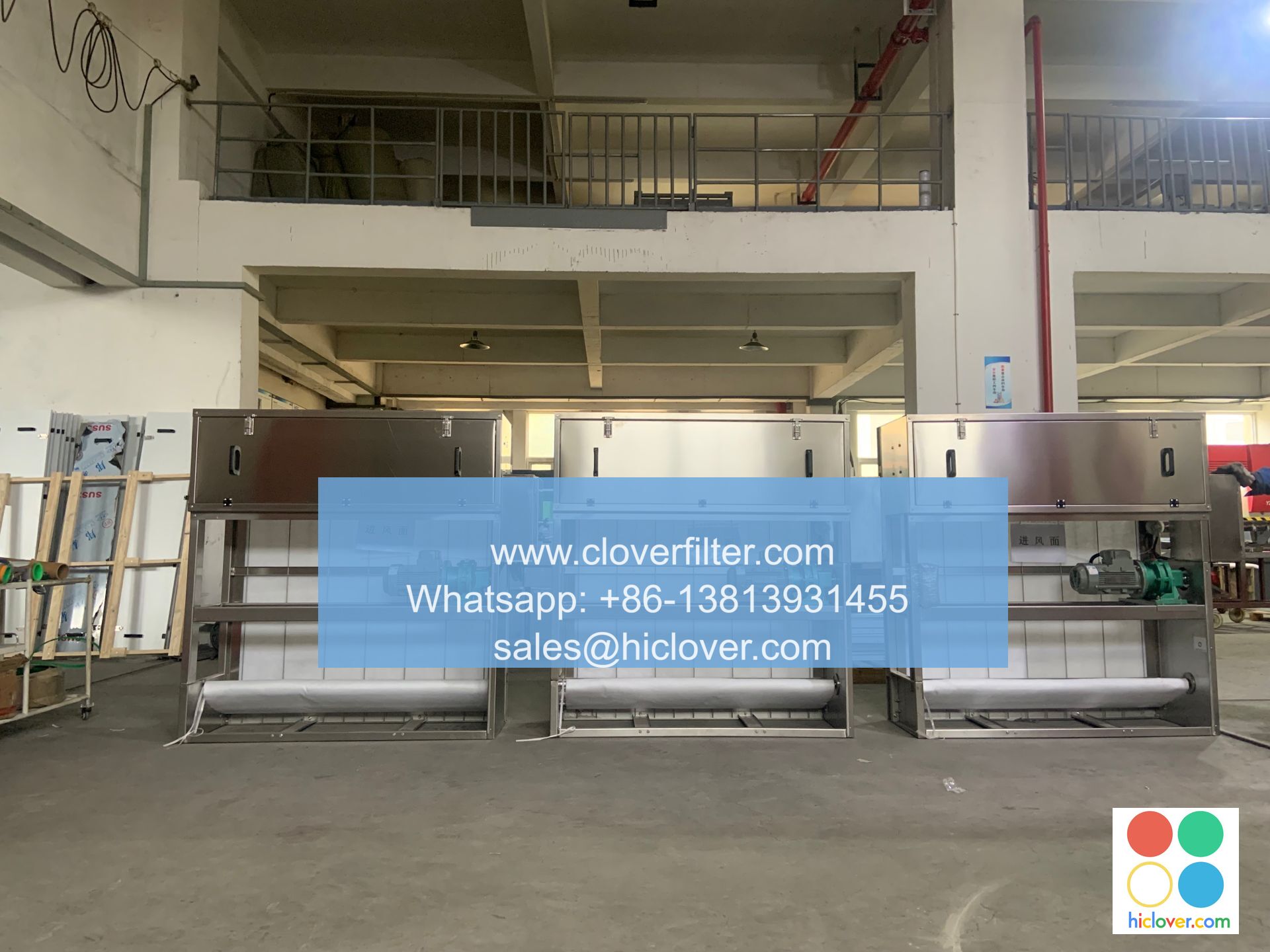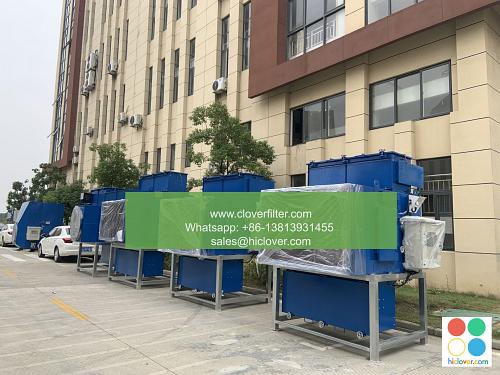The Role of Air Quality in Bitcoin Mining Efficiency

The relationship between air quality and bitcoin mining efficiency is a complex one. Bitcoin mining, the process by which new bitcoins are added to the blockchain, requires significant computational power, which in turn requires substantial amounts of energy. This energy is often generated by burning fossil fuels, which can negatively impact air quality. Poor air quality can then have a range of negative effects on the efficiency of bitcoin mining operations.
One of the primary ways in which air quality affects bitcoin mining efficiency is through the impact of airborne pollutants on the mining equipment itself. Bitcoin mining rigs are composed of sensitive electronic components, which can be damaged by exposure to high levels of dust, particulate matter, and other pollutants. When these pollutants are present in the air, they can infiltrate the mining equipment and cause corrosion, overheating, and other problems that can reduce the efficiency of the mining operation.
In addition to the impact of airborne pollutants on mining equipment, poor air quality can also have negative effects on the health and productivity of miners. Bitcoin mining operations often require personnel to be present on site to monitor and maintain the equipment, and when the air quality is poor, it can lead to a range of health problems, including respiratory issues and other conditions. This can lead to decreased productivity, increased absenteeism, and higher turnover rates, all of which can negatively impact the efficiency of the mining operation.
Furthermore, the energy required to power bitcoin mining operations can also be affected by air quality. In many regions, the energy used to power bitcoin mining comes from fossil fuels, which can contribute to poor air quality. However, when air quality is poor, it can also lead to increased energy costs, as miners may need to use more energy to power air purification systems or to cool their equipment. This can increase the operational costs of the mining operation and reduce its overall efficiency.
To mitigate the negative effects of poor air quality on bitcoin mining efficiency, a number of strategies can be employed. One approach is to use air purification systems to remove pollutants from the air, which can help to protect the mining equipment and improve the health and productivity of miners. Another approach is to use renewable energy sources, such as solar or wind power, to reduce the reliance on fossil fuels and minimize the negative impact on air quality.
In addition, miners can also take steps to optimize their operations and reduce their energy consumption. This can include using more efficient mining equipment, optimizing the layout of the mining operation to reduce heat generation, and implementing energy-efficient cooling systems. By taking these steps, miners can help to reduce their environmental impact and improve the efficiency of their operations.
It’s also worth noting that some countries and regions are taking steps to regulate the environmental impact of bitcoin mining. For example, some governments are implementing regulations to limit the amount of energy that can be used for bitcoin mining, or to require miners to use renewable energy sources. These regulations can help to reduce the negative impact of bitcoin mining on air quality and promote more sustainable practices in the industry.
In conclusion, the relationship between air quality and bitcoin mining efficiency is complex and multifaceted. Poor air quality can have a range of negative effects on the efficiency of bitcoin mining operations, from damaging mining equipment to impacting the health and productivity of miners. However, by employing strategies such as air purification systems, renewable energy sources, and energy-efficient operations, miners can help to mitigate these effects and promote more sustainable practices in the industry.
Conclusion
In summary, air quality plays a crucial role in bitcoin mining efficiency. Miners must take steps to mitigate the negative effects of poor air quality, such as using air purification systems and renewable energy sources, to protect their equipment and personnel. By doing so, they can help to promote more sustainable practices in the industry and reduce the environmental impact of bitcoin mining.
Frequently Asked Questions
Q: How does air quality affect bitcoin mining equipment?
A: Airborne pollutants can damage sensitive electronic components, causing corrosion, overheating, and other problems that can reduce the efficiency of the mining operation.
Q: Can poor air quality impact the health of miners?
A: Yes, poor air quality can lead to a range of health problems, including respiratory issues and other conditions, which can decrease productivity and increase absenteeism.
Q: How can miners reduce the negative impact of poor air quality on their operations?
A: Miners can use air purification systems, renewable energy sources, and optimize their operations to reduce energy consumption and promote more sustainable practices.
Q: Are there any regulations in place to limit the environmental impact of bitcoin mining?
A: Yes, some governments are implementing regulations to limit the amount of energy that can be used for bitcoin mining, or to require miners to use renewable energy sources.

